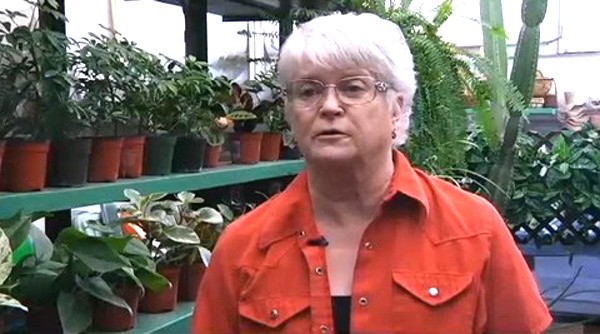
The U.S. Supreme Court has sent the case of Barronelle Stutzman, the Washington state florist who refused to provide flowers for a same-sex wedding because of her allegiance to Jesus, back to the Washington Supreme Court to reconsider in light of Masterpiece Cakeshop.
Arlene's Flowers, the Washington florist asserting religious objection to providing flowers for a same-sex couple's wedding (No. 17-108), #SCOTUS grants, vacates judgment and remands for consideration in light of Masterpiece. Order is here: https://t.co/Odwa3tZrnS pic.twitter.com/qJ6pcSeV64
— Equality Case Files (@EQCF) June 25, 2018
https://twitter.com/imillhiser/status/1011240719133093888
Developing…
The Arlene's Flowers case involved a florist who would not sell flowers for a gay wedding in Richland on the same principles. The Washington state Attorney General and the couple filed suit against the flower shop owner in 2013 for illegally discriminating on the basis of sexual orientation.
The state has prevailed at every level up to now.
Representing Stutzman, and also the Colorado baker, is the SPLC-designated hate group Alliance Defending Freedom, who heard a closed-door speech last week from Attorney General Jeff Sessions, promising them that new “religious freedom” guidance from the DOJ was coming soon.
ADF wrote in a press release:
For more than four years, Barronelle has endured the litigation in this case with unwavering grace, humility, and faith – even as she faces losing everything she owns. Now she will take her last stand before the U.S. Supreme Court, asking it to preserve her religious freedom and her right not to be forced to speak a message about marriage that violates her beliefs.
It's hardly disputed that artistic expression, such as floral art, is speech. The Washington State Attorney General admitted as much. So, the real issue here is whether the state can compel her to speak a government-mandated message. The state claims that it has the right to do so – that it has the right to go after a 72-year-old grandmother for everything she owns just because what she believes does not fall in line with the state's political agenda.
But that is blatantly unconstitutional.
If the government can demand that we speak a certain message or be punished, that should concern us all. That puts not just Barronelle's freedom at stake, but everyone's.



